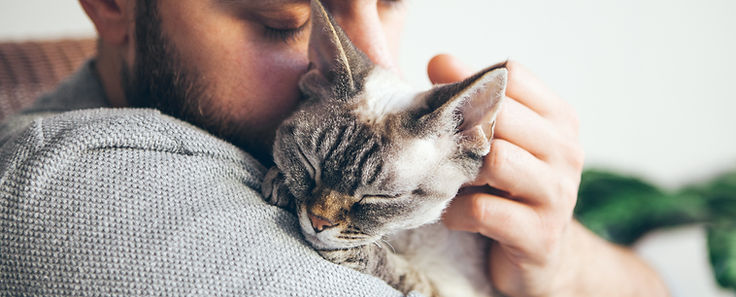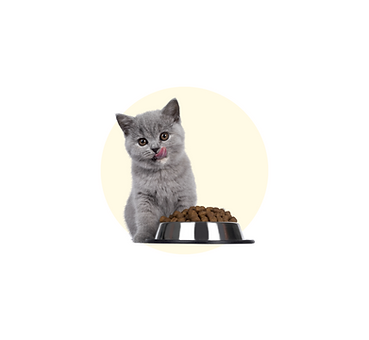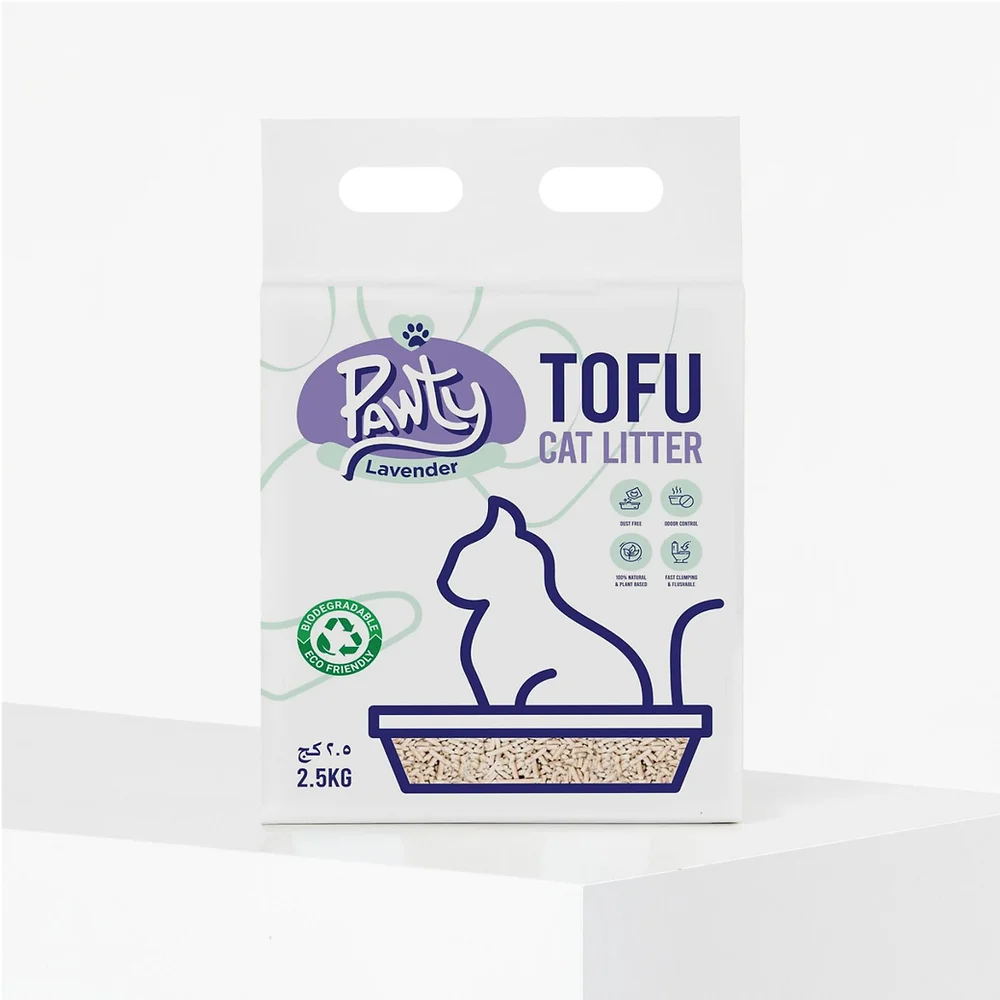
Signs of Heat Stress in Cats That Every Owner in the UAE Should Know
As a cat owner in the UAE, understanding the effects of the hot climate on your feline can be crucial for their health and well-being. Cats, like humans, can suffer from heat stress, and knowing the signs is key to ensuring they stay safe during sweltering temperatures. This blog outlines the common signs of heat stress in cats and provides tips on keeping your furry friend cool and comfortable.
What is Heat Stress?
Heat stress occurs when a cat's body temperature rises above normal levels, which can lead to serious health complications. Cats are generally more susceptible to heat stress due to their thick coats and limited ability to sweat. In the UAE, where temperatures can soar, it’s vital to be vigilant about the symptoms and take preventive measures.
Signs of Heat Stress in Cats
-
Excessive Panting
While dogs commonly pant to regulate their body temperature, cats panting excessively is a sign of distress. If you notice your cat panting with their mouth open, it's a clear indication that they are struggling to cool down. -
Restlessness or Agitation
Cats that are experiencing heat stress may become restless or agitated. They might pace around, appear anxious, or seem unable to settle down. If your normally calm cat is showing signs of heightened activity or anxiety, it could be due to heat discomfort. -
Dehydration
Heat stress can lead to dehydration, so keep an eye out for signs like dry mouth, lethargy, and decreased skin elasticity. To check for dehydration, gently pinch the skin at the back of your cat's neck; if it doesn’t fall back into place quickly, your cat may be dehydrated. -
Lethargy
A cat experiencing heat stress may also display a lack of energy or lethargy. If your usually playful cat is suddenly subdued and uninterested in activities, it’s important to assess their environment and ensure they are cool enough. -
Increased Heart Rate
An elevated heart rate is another indicator of heat stress. You can check your cat's heart rate by feeling their pulse on their inner thigh or by lightly placing your hand on their chest. A resting heart rate over 240 beats per minute can signify distress. -
Vomiting or Diarrhea
More severe cases of heat stress can lead to gastrointestinal issues, such as vomiting or diarrhea. If your cat shows any signs of these symptoms, especially when coupled with the other signs of heat stress, it's crucial to seek veterinary attention.
Preventing Heat Stress in Your Cat
-
Provide Adequate Shade and Ventilation
Ensure your cat has access to shaded areas and good ventilation, whether indoors or outdoors. Avoid leaving your cat outside during the hottest parts of the day. -
Keep Them Hydrated
Always have fresh, cool water available for your cat. Consider adding ice cubes to their water bowl to keep it chilled longer or provide pet-safe ice treats to help them stay cool. -
Limit Outdoor Activity
Keep walks and outdoor playtime to a minimum during the hottest parts of the day. Early mornings or late evenings are the best times for outdoor activities when temperatures are cooler. -
Use Air Conditioning or Fans
If possible, keep your home air-conditioned, or use fans to circulate air. Creating a cool indoor environment helps your cat regulate its body temperature effectively. -
Groom Regularly
Regular grooming can help remove excess fur and prevent overheating. While it might seem counterintuitive, keeping their coat clean and free of mats can help them stay cooler.
When to Seek Veterinary Care
If you suspect your cat is experiencing heat stress, it’s essential to act quickly. Move them to a cooler location, offer water, and cool them down with damp cloths or a fan. If symptoms persist or worsen, contact your veterinarian immediately. Heat stress can lead to heatstroke, a life-threatening condition that requires urgent medical attention.
Conclusion
As a responsible cat owner in the UAE, being aware of the signs of heat stress in your feline friend is vital to their health and safety. By knowing what to look for and taking preventative measures, you can help ensure that your cat stays comfortable during the hot months. If you notice any concerning signs, don’t hesitate to seek professional care. Keeping your cat healthy and happy in the heat is not just a challenge; it’s a commitment you can fulfill with the right knowledge and actions.













